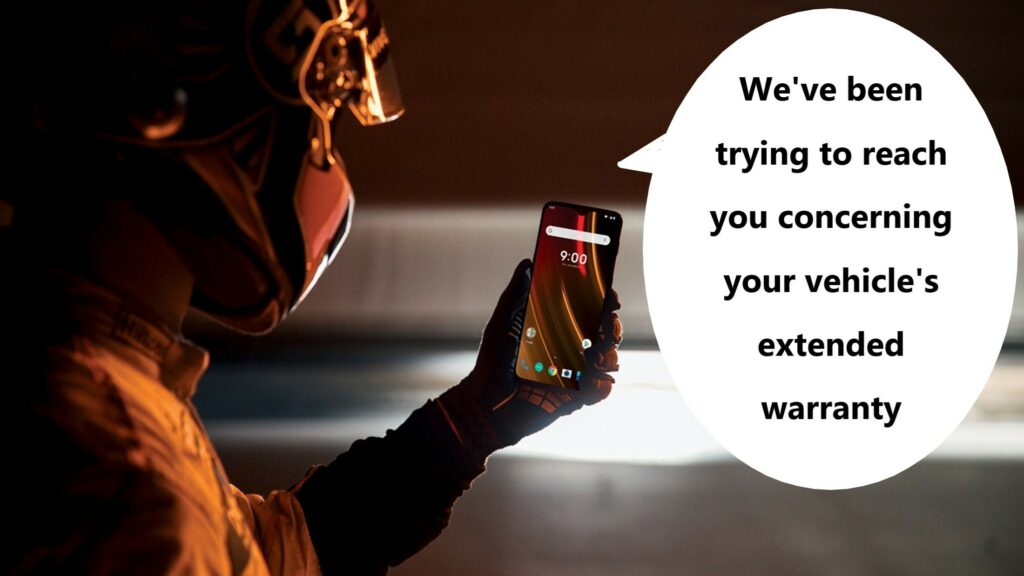In 2021, you may have received a robocall telling you that your vehicle’s warranty was set to expire and that you needed to extend it. Enough people did that it became a meme. Now, the Federal Communications Commission (FCC) has issued the people behind that scam an almost $300 million fine, the largest in its history.
The FCC reports that the people responsible for it were using robocalls to appear to be representatives of trusted dealers, manufacturers, or insurers. What made the calls particularly convincing was that they sometimes had information about the people they were calling, thereby building trust.
With that, they managed to get personal information, such as credit card information, driver’s license numbers, and even social security numbers that the FCC said could be used to defraud the people targeted by this scam.
Read: Virginia Resident Warns Others Against Falling For Advertising Car Wrap Scam

And there were a lot of people targeted by it. During a three-month period in 2021, the robocallers managed to make 5 billion calls to 500 million phone numbers, using 1 million different caller ID numbers in an attempt to disguise themselves.
The calls were frequent and widespread enough that they became memes, and even Jessica Rosenworcel, the chairwoman of the FCC, said she received calls about her vehicle’s warranty. However, you may have noticed that the calls slowed down over the last year.
That’s because the FCC directed all U.S.-based voice service providers to stop carrying traffic associated with people its investigation found were associated with the fraud. That, it says, helped reduce the frequency of these illegal robocalls by 99 percent.
Meanwhile, the Commission also proposed a fine and gave the parties involved in the scam a chance to respond, which they did not. Now, the fraudsters must pay $299,997,000, the largest fine ever issued by the organization.
If the fine is not paid, the matter will be handed over to the Department of Justice to collect. Meanwhile, the FCC says that is on the lookout for more scams of this nature with the Robocall Response Team.
We’ve been trying to reach you concerning your vehicle’s extended warranty. pic.twitter.com/w8MIzZN5OZ
— (hellaplush.bsky.social) (@hella_plush_) February 21, 2023




